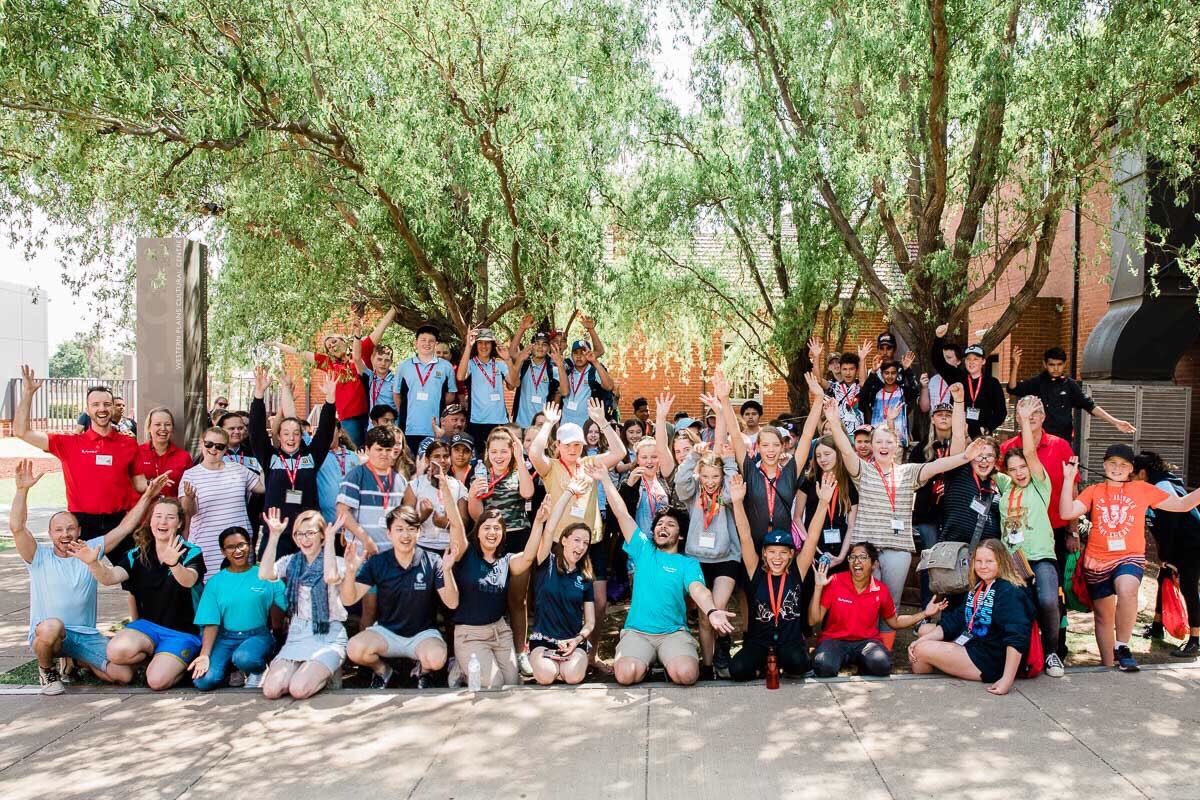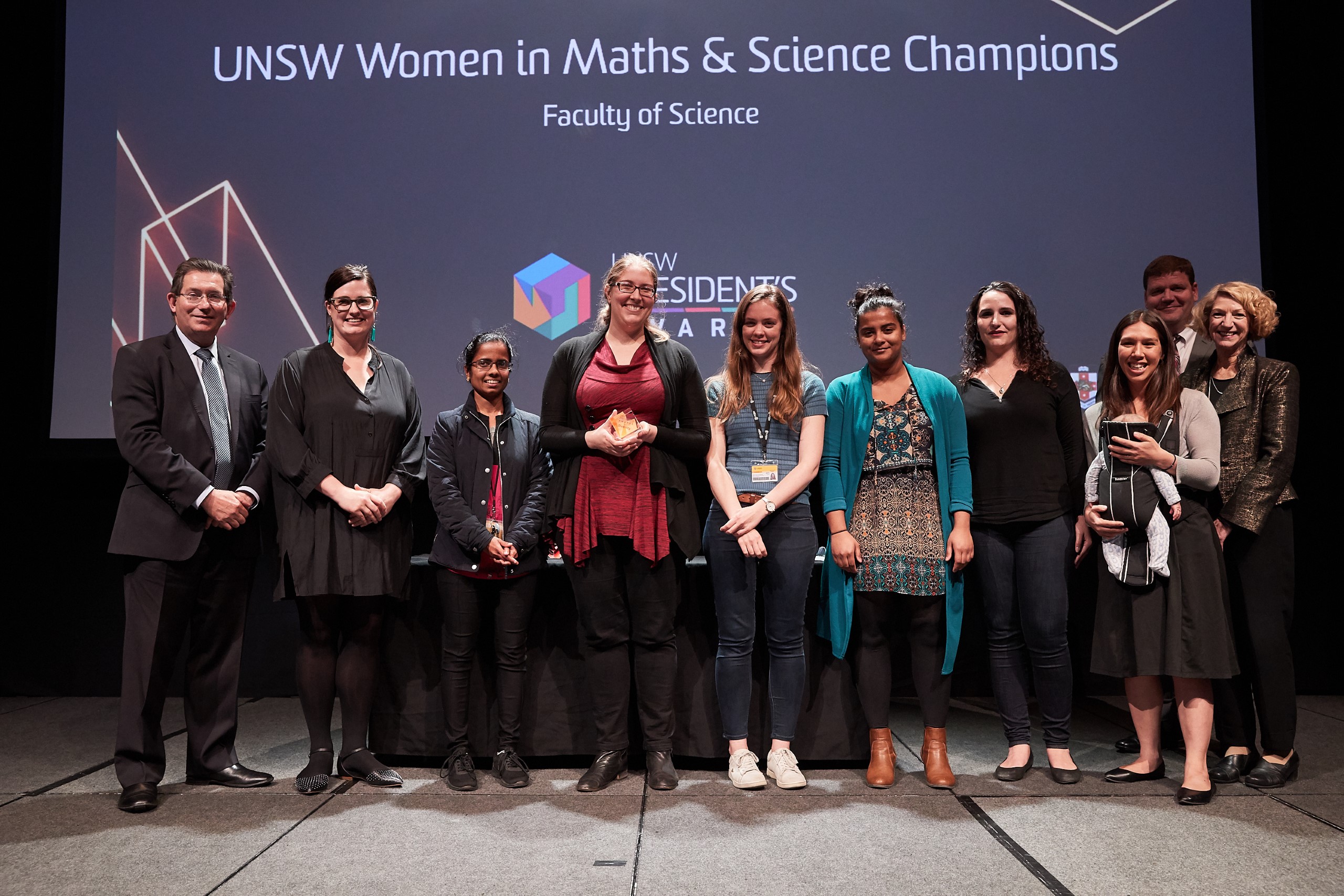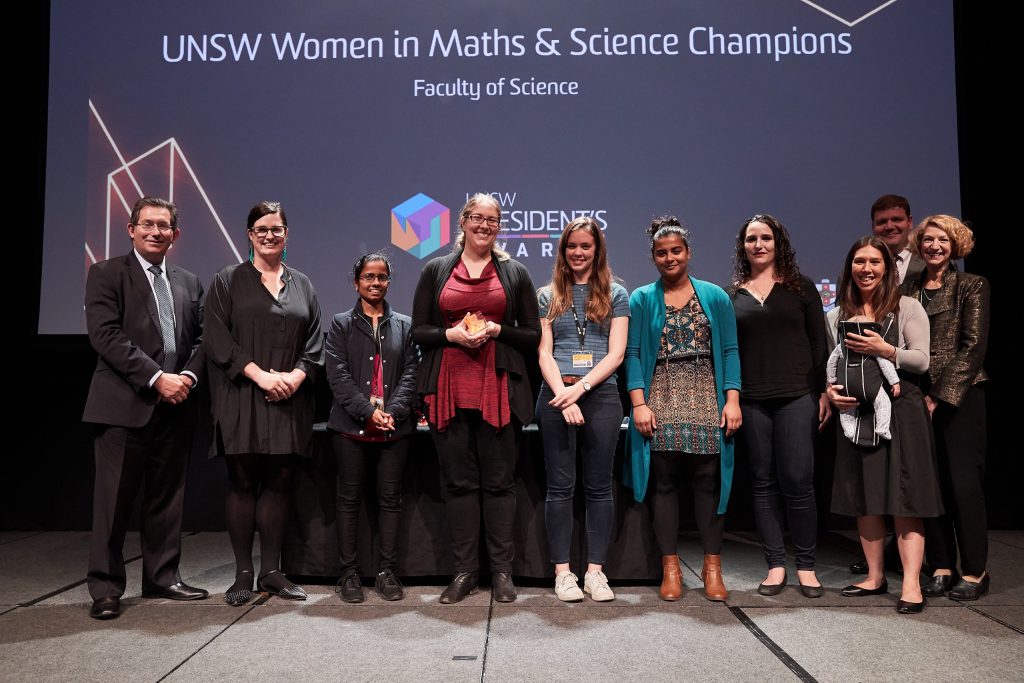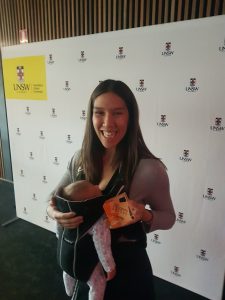By Charlotte Beloe

“Wow!…can we do it again?” says the girl as she stares with wide-eyed fascination at her lava-lamp. Her classmates echo her enthusiasm, equally enthralled by the mixture of baking soda, oil, food-colouring, and vinegar bubbling away in front of them. A simple acid-base reaction made with ingredients found in your average kitchen make for a startling effect that have captivated the classroom. Despite the dry Dubbo heat the room is abuzz with curiosity and excitement. In the adjacent room I hear the moot court case riling up the defence versus the prosecution. Across the courtyard, students scramble to fit circuits together to race solar cars.

We’re at the Jump into Uni program, run by ASPIRE. This program gives students from regional areas a taste of the different subject areas at university, such as arts, medicine, engineering, law, and science. The aim of ASPIRE is to introduce the possibility of university to students in regional or disadvantaged areas who often do not know anything about what university is like. They may be the first person in their family to consider it as an option. Over two jam-packed days we we have the wonderful opportunity to pique the curiosity of year 7 students from all over regional New South Wales, with schools as far as Lightning Ridge (that’s over 700km from Sydney!)

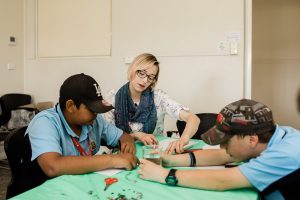
Science allows you to think about the world around you in a completely different way, to understand the processes behind the things we see everyday. That’s exactly what we are aiming to do here, using everyday items to give unexpected effects.
Across the room another girl eyes the paperclips on the table infant of him. “Do you reckon the paperclips will float on the water?” asks Akasha, my partner in this endeavour. The girl gives a skeptical look at the glass of water placed in front of her, she holds the paperclip above the water anyway and it sinks with a ‘plop’. “See?” she says. “What if you gently place it flat on the water?” asks Akasha. Hesitant, she tries the new technique. Her eyes widen as the paperclip hovers on the surface of the water. “No way…” she whispers. I ask her classmate to add some soap to the glass; as soon as he does the paperclip drops to the bottom. The table erupts in disbelief. We explain the invisible ‘skin’ on water that is disrupted by the soap. “Which is why you should always wash your hands with soap,” we explain.
The 45min session whizzes by and two more experiments later the student head on to their next workshop, a cacophony of chatter about the experiments that had just done. Akasha and I beam, this is why we came here, to spark the same curiosity that inspired us to pursue science as a career. It’s the same fascination with the natural world that drives us today, and getting to share that passion makes it even more worth the while.
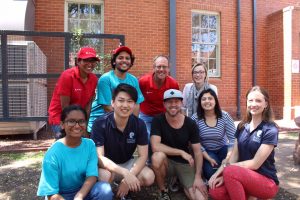
Learn more about ASPIRE on their website
Follow Akasha on Twitter

